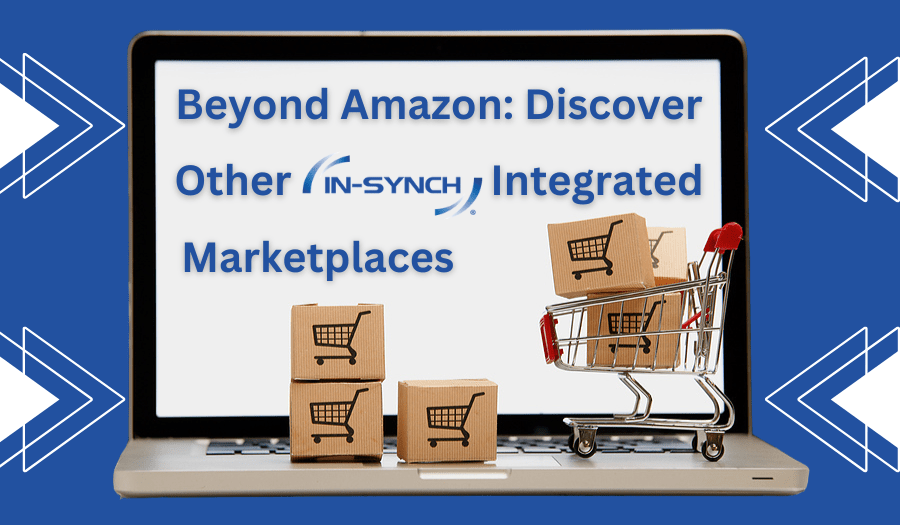By Ruth Richter • August 31, 2018

Third-party merchants, who now account for more than half of the products sold on Amazon, are causing a bit of a traffic jam at Amazon warehouses due to poor inventory planning, and Amazon is taking action. As of July 1, 2018, third-party merchants are now subject to Amazon’s new Inventory Performance Index, which tracks how each merchant manages inventory, including removing products that aren’t selling and updating listings as necessary.
What’s Your IPI Score?
Before, sellers were able to rent unlimited storage space in Amazon’s warehouses. But, Amazon is about selling, not storing, and by imposing the IPI score hopes to encourage third-party merchants to better manage their inventory. Scores are impacted by any goods that have been stored for too long without moving or have been returned. Final scores can range from 0 to 1,000. Any merchant with a score below 350 will not be allowed to add more products to Amazon’s warehouses and will be charged an “overage fee” on any inventory above their storage limits.
What does this mean for you? If you sell on Amazon, you’ve likely received an IPI score from them by now. If you’ve scored above 350, you will not be impacted. If you’re dangerously close, you may want to start looking at your products. If you’re below 350, you already know you’re in trouble.
Whether or not you’ve been hit with the IPI “overage fee,” this new scoring system is forcing all third-party merchants to move inventory, which in turn enables the internet retail giant to efficiently receive inventory and deliver products to customers.
Score Higher with Better Warehouse Data Integration
Surprisingly, research has uncovered that ecommerce companies need three times the warehouse space of brick-and-mortar retailers. Amazon itself has increased its warehouse space by 35 percent in the past decade alone, and nearly a third of its warehouse square footage was added in just the last two years. So, it’s no wonder that Amazon is in need of better warehouse management, and what better way to do it than financially incentivize its third-party merchants to more effective manage their products?
Fortunately, there are tools on the market to give organizations immediate insight into their Amazon merchandise, so they can be more nimble in managing what stays and what goes. Amazon offers a few, but an even better option is IN-SYNCH by ROI Consulting. With fast, secure, and bidirectional integration, IN-SYNCH connects your Sage 100 ERP with warehouse management systems and third-party shopping carts (such as Amazon). IN-SYNCH provides the vital link to your Sage ERP, automatically connecting incoming orders, updating tracking and status information in your Sage system. You’ll know immediately what your current inventory status is, as well as trends for how goods are selling, all on the ERP. This enables you to pull low-performing products and make room on your Amazon shelves for something else, or even more of your top seller.
Get Ahead of the IPI Curve
Amazon’s IPI scores still need some work; retailers who sell more seasonal items can negotiate for custom settings that take into account the nature of the business. Regardless, IPI scores can only improve the quality of Amazon’s product offering and shipping times. Fortunately, you don’t have to go far to find the right solution for tracking your third-party warehouse inventory. Find out how IN-SYNCH can revolutionize your ecommerce and third-party shopping carts, not only to improve your IPI score but to provide all your customers with the best experience possible. Contact ROI Consulting today and see how quickly we can get your IPI score up and running again.




